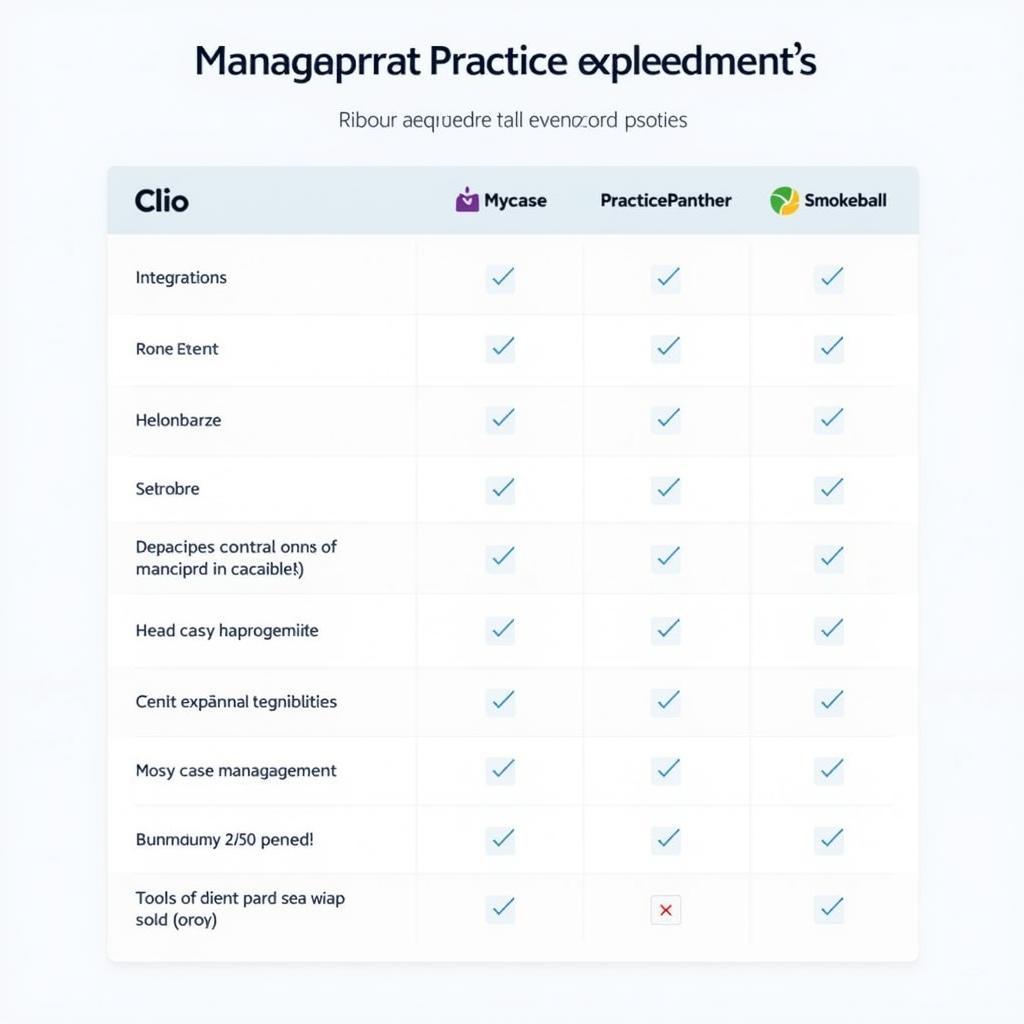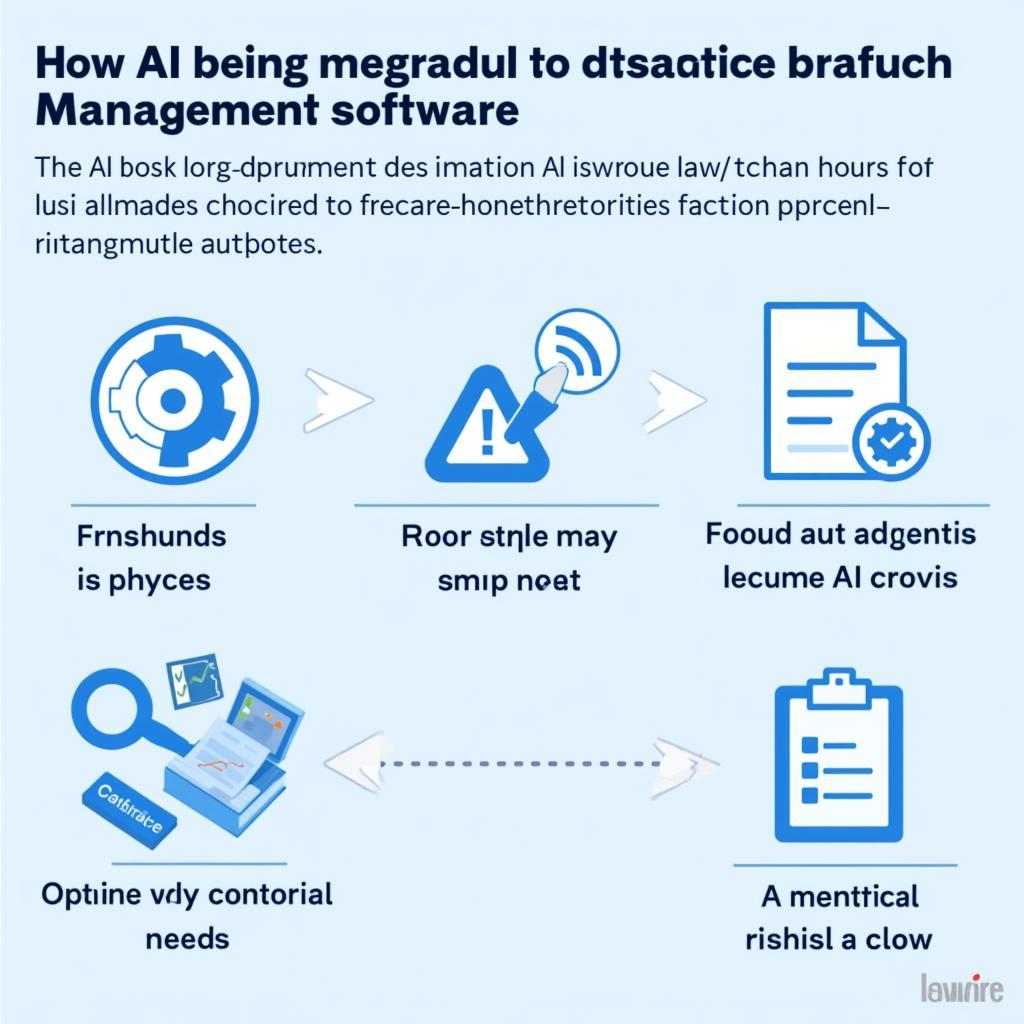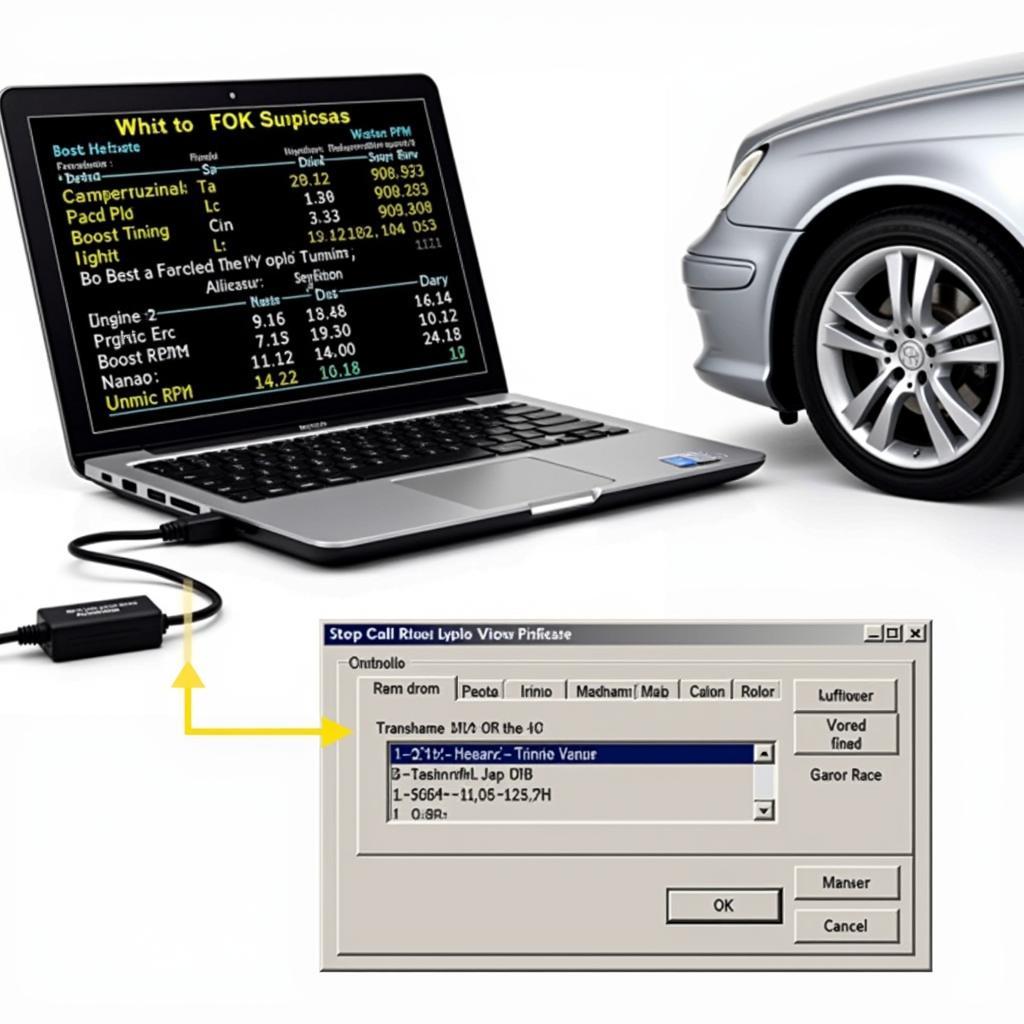Practice management software is essential for modern law firms, streamlining operations and boosting efficiency. The Balances MB reviews aim to provide attorneys with insights into various software programs, helping them choose the best fit for their needs. This article will explore the critical features, benefits, and potential drawbacks of practice management software, specifically focusing on options suitable for attorneys.
Understanding the Importance of Practice Management Software
For attorneys, time is money. Juggling client communications, case files, billing, and scheduling can quickly become overwhelming. This is where practice management software becomes invaluable. These programs offer a centralized platform to manage all aspects of a legal practice, from client intake to case closure. They can automate routine tasks, improve communication, and provide valuable data insights to enhance decision-making. Imagine having all your client information, case documents, billing records, and calendars readily accessible in one secure location. That’s the power of practice management software.
Key Features to Look for in Attorney Practice Management Software
When evaluating The Balances MB reviews and other resources, focus on these key features:
- Case Management: Efficiently organize case files, track deadlines, and manage documents.
- Time Tracking and Billing: Accurately record billable hours, generate invoices, and manage payments.
- Client Communication: Streamline communication through email integration, client portals, and automated messaging.
- Calendar and Scheduling: Manage appointments, court dates, and deadlines with integrated calendar features.
- Document Automation: Create and manage legal templates to save time and ensure consistency.
- Reporting and Analytics: Gain insights into firm performance with comprehensive reporting features.
- Security and Compliance: Ensure client data is protected with robust security measures.
Comparing Popular Practice Management Software Options for Attorneys
Several practice management software options cater specifically to the legal profession. Each platform has its strengths and weaknesses. The Balances MB reviews can help you navigate this complex landscape. Some popular choices include Clio, MyCase, PracticePanther, and Smokeball. These platforms offer features like automated document generation, integrated legal research tools, and secure client portals.
 Comparison of Practice Management Software Features
Comparison of Practice Management Software Features
How Practice Management Software Improves Efficiency and Profitability
By automating routine tasks and streamlining workflows, practice management software can significantly improve efficiency. This translates to more billable hours and increased profitability. Moreover, better organization and communication lead to improved client satisfaction, fostering stronger client relationships and generating more referrals.
“Investing in the right practice management software is not just about technology; it’s about investing in the future of your practice,” says John Smith, Esq., a seasoned attorney and legal technology consultant.
Choosing the Right Practice Management Software: A Step-by-Step Guide
- Assess Your Needs: Identify the specific challenges and pain points in your current workflows.
- Research and Compare: Explore different software options and read The Balances MB reviews and other user feedback.
- Demo and Trial: Take advantage of free trials or demos to test the software firsthand.
- Consider Integrations: Ensure the software integrates with other tools you use, such as email and accounting software.
- Evaluate Support and Training: Check the availability of customer support and training resources.
The Future of Practice Management Software for Attorneys
With advancements in artificial intelligence and machine learning, practice management software is poised to become even more powerful. Features like predictive analytics and automated legal research are already transforming the legal landscape.
 AI Integration in Practice Management Software
AI Integration in Practice Management Software
“The future of law practice management is about leveraging technology to enhance not just efficiency, but also the quality of legal services,” adds Jane Doe, a legal tech expert and founder of LegalTech Solutions.
Conclusion
The Balances MB reviews provide valuable insights into the world of practice management software. Choosing the right software can transform your law practice, boosting efficiency, profitability, and client satisfaction. By carefully evaluating your needs and exploring the available options, you can find the perfect software to streamline your operations and take your practice to the next level. Remember to prioritize key features like case management, time tracking, and client communication when making your decision.
FAQ
- What is the average cost of practice management software for attorneys? Pricing varies depending on the features and number of users.
- Is cloud-based software secure for storing confidential client data? Reputable providers offer robust security measures to protect client data.
- Can practice management software integrate with my existing accounting software? Many platforms offer integrations with popular accounting software.
- Do I need technical expertise to implement practice management software? Most providers offer user-friendly interfaces and comprehensive training resources.
- How can I choose the right software for my specific practice area? Consider the specific features and functionalities relevant to your area of law.
- What are the benefits of using cloud-based practice management software? Cloud-based solutions offer accessibility, flexibility, and automatic updates.
- How can practice management software improve client communication? Features like client portals and automated messaging streamline communication.
Need help? Contact us via Whatsapp: +1 (641) 206-8880, Email: CARDIAGTECH[email protected] or visit us at 276 Reock St, City of Orange, NJ 07050, United States. Our customer support team is available 24/7.


